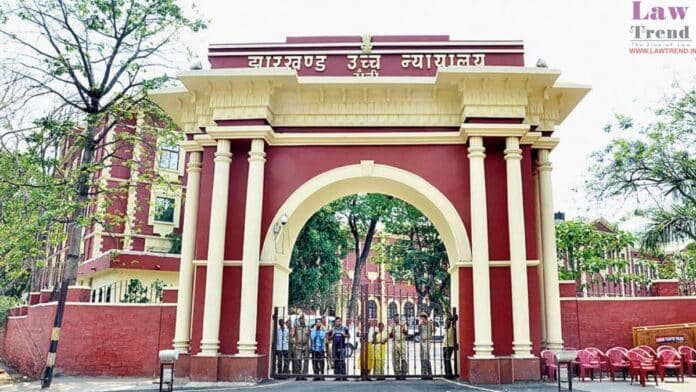The Jharkhand High Court on Tuesday heard a public interest litigation concerning contaminated blood transfusions that allegedly led to several children contracting HIV in Chaibasa and Ranchi.
A division bench of Chief Justice Tarlok Singh Chauhan and Justice Rajesh Shankar took note of submissions made by Life Savers Ranchi, a non-profit organisation, highlighting systemic flaws in the state’s blood bank operations.
Atul Gera, secretary of Life Savers Ranchi, told the court that under the existing arrangement in Jharkhand, patients are provided blood only if their attendants donate a unit in return.
“Whenever a unit of blood is required, a donor has to provide a unit to replenish the stock,” Gera said, adding that despite earlier court directions, no significant changes have been implemented in this practice.
Appearing for the state government, counsel informed the bench that authorities have been conducting blood donation camps to augment the blood supply. He also said that a report had been prepared on the Chaibasa incident, in compliance with the earlier order of the court.
The bench had previously taken strong exception to reports that HIV-infected blood was transfused to children at Sadar Hospital, Chaibasa, and had ordered an inquiry into how such blood was issued without proper screening.
The matter came to light when five thalassemia patients—children undergoing regular transfusions at Sadar Hospital, Chaibasa—were later found HIV positive. The transfusions had taken place on different dates between August and September this year, and the government has since confirmed their HIV status.
A similar case had earlier surfaced at Sadar Hospital, Ranchi, where a father wrote directly to the Chief Justice after his child contracted HIV allegedly through a blood transfusion. The Chief Justice converted the letter into a PIL, prompting judicial scrutiny.
The bench has listed the matter for further hearing on November 19, directing continued monitoring of the state’s compliance and corrective measures in blood safety protocols.




